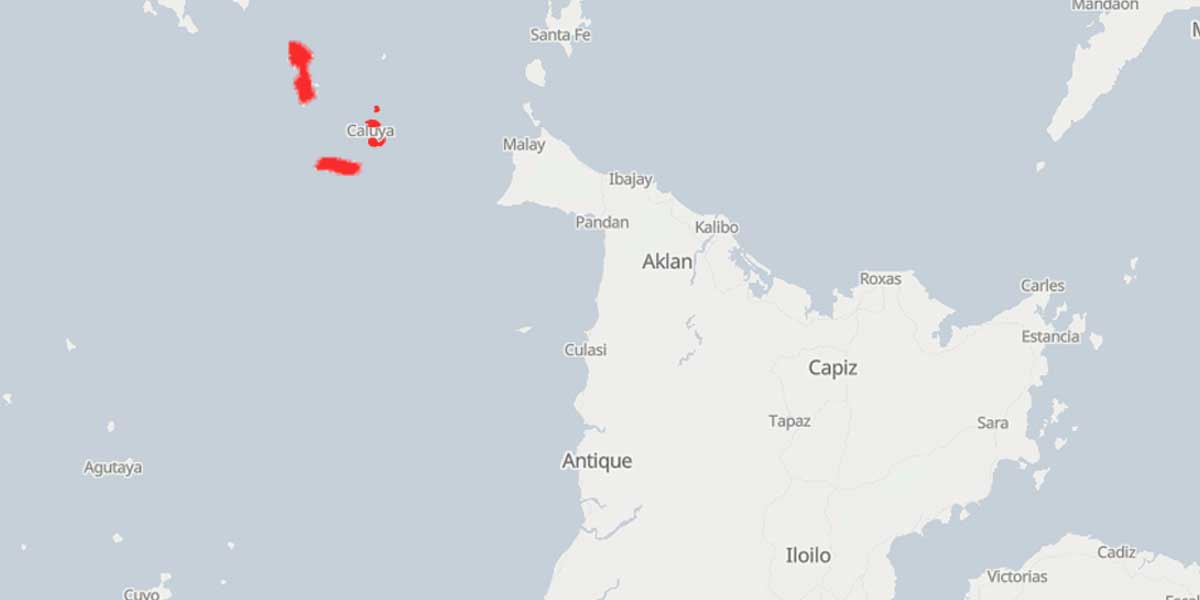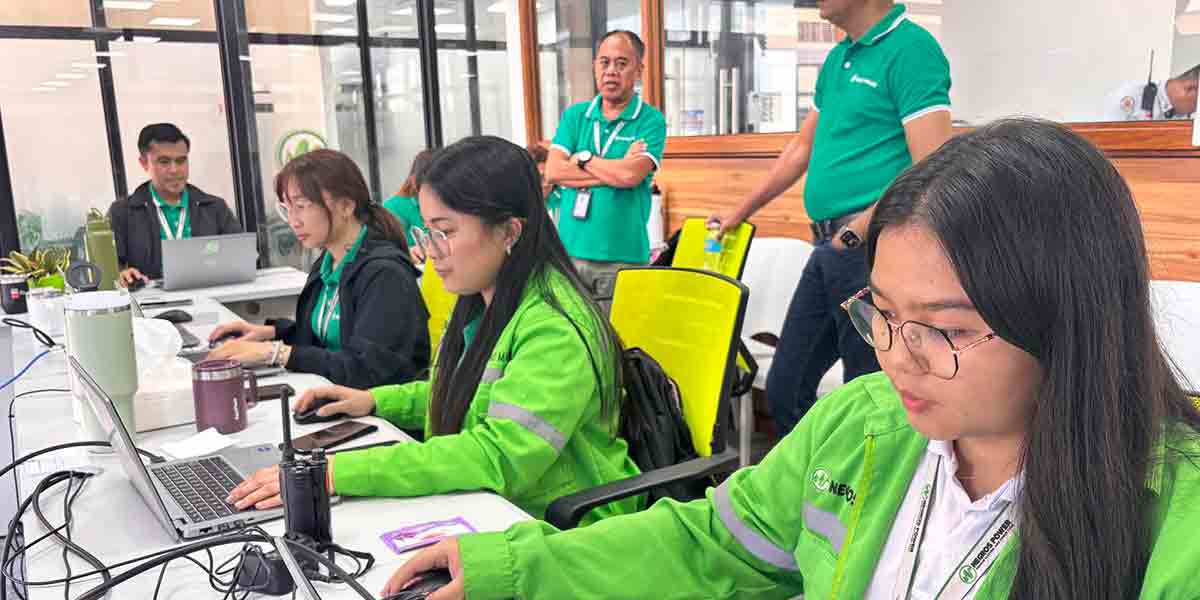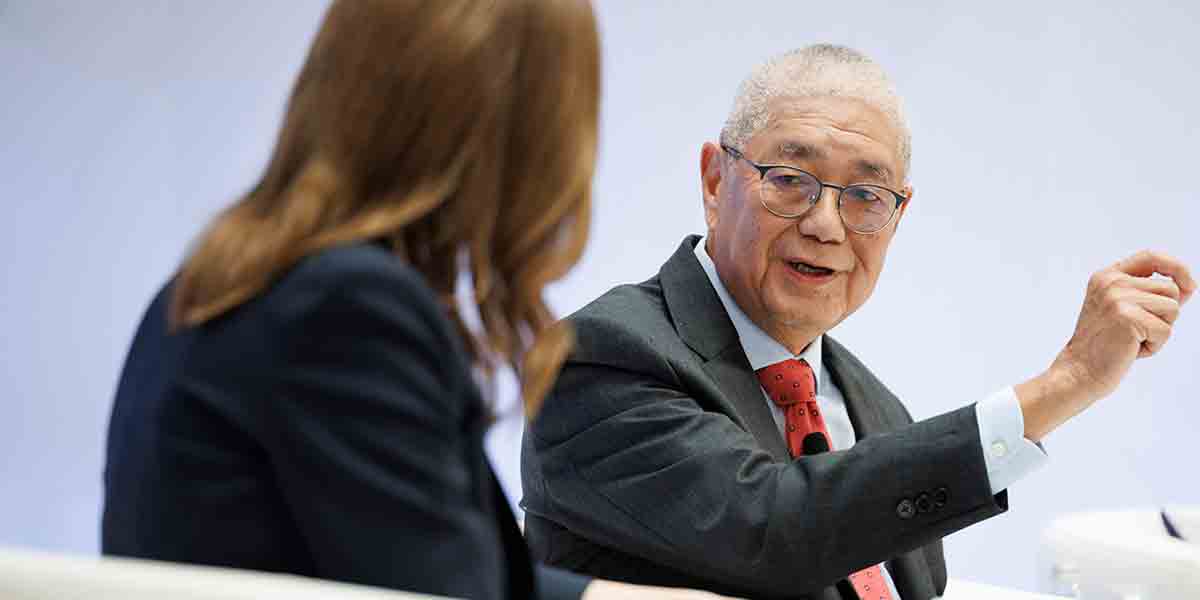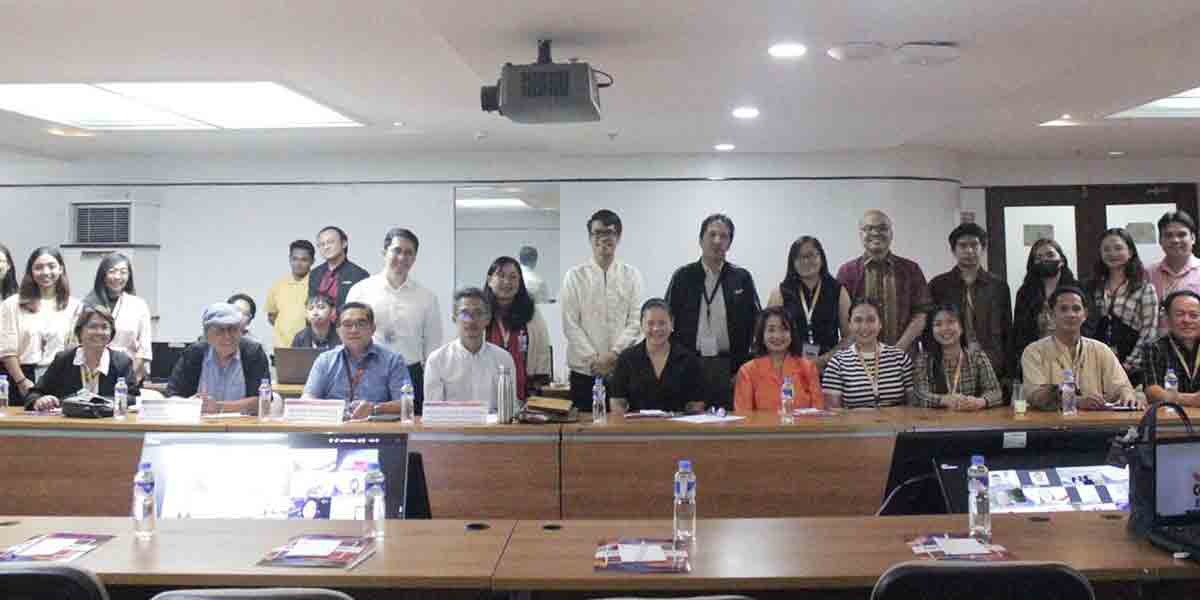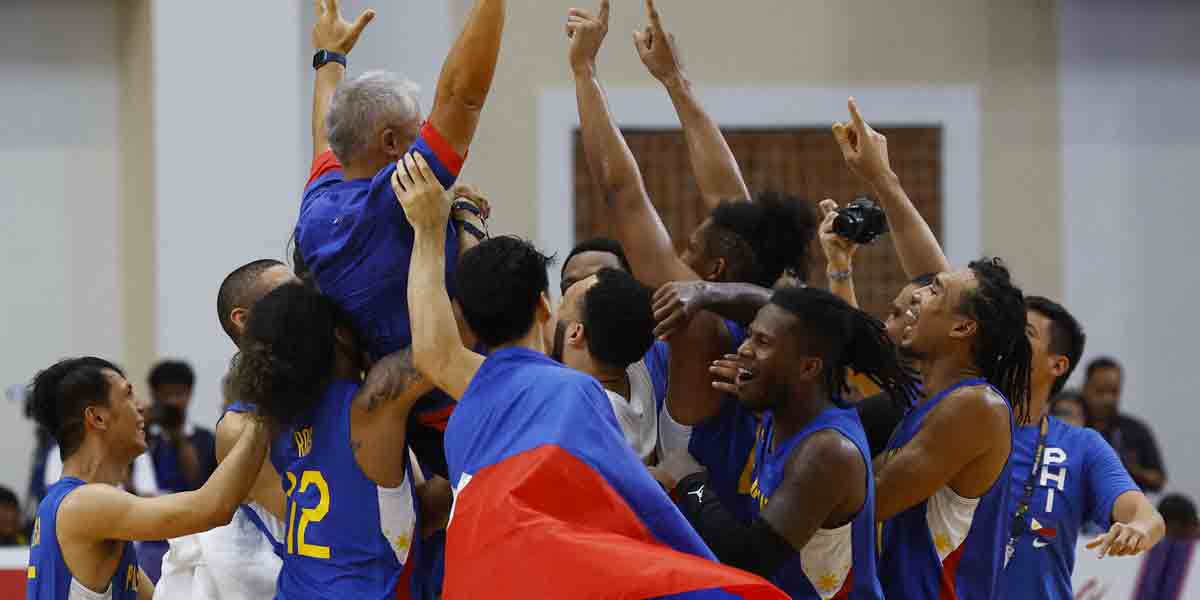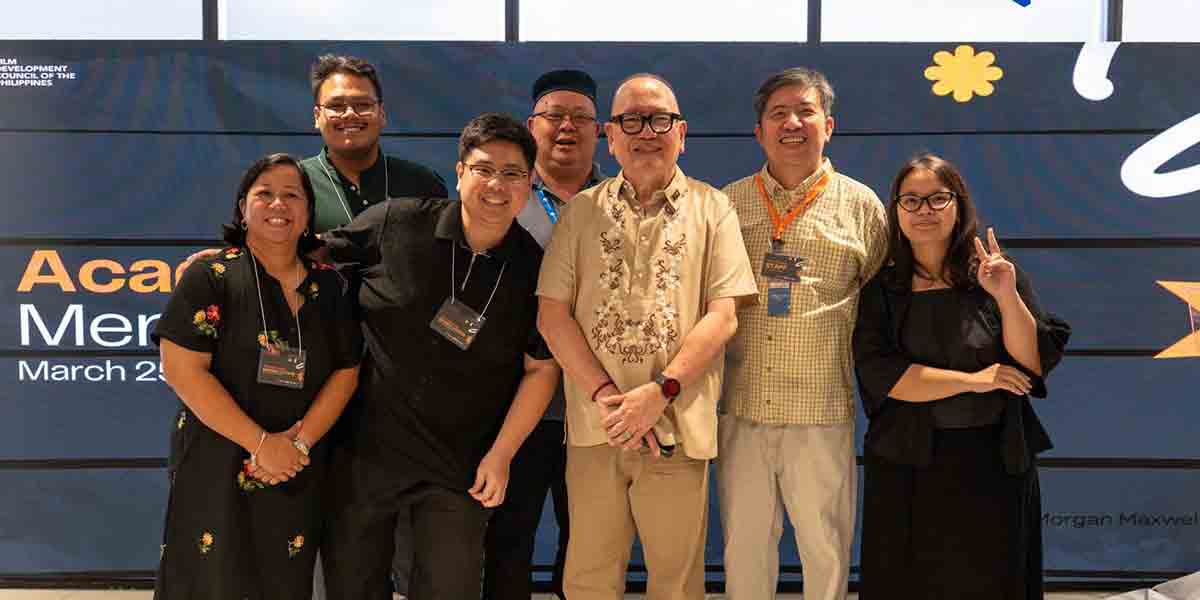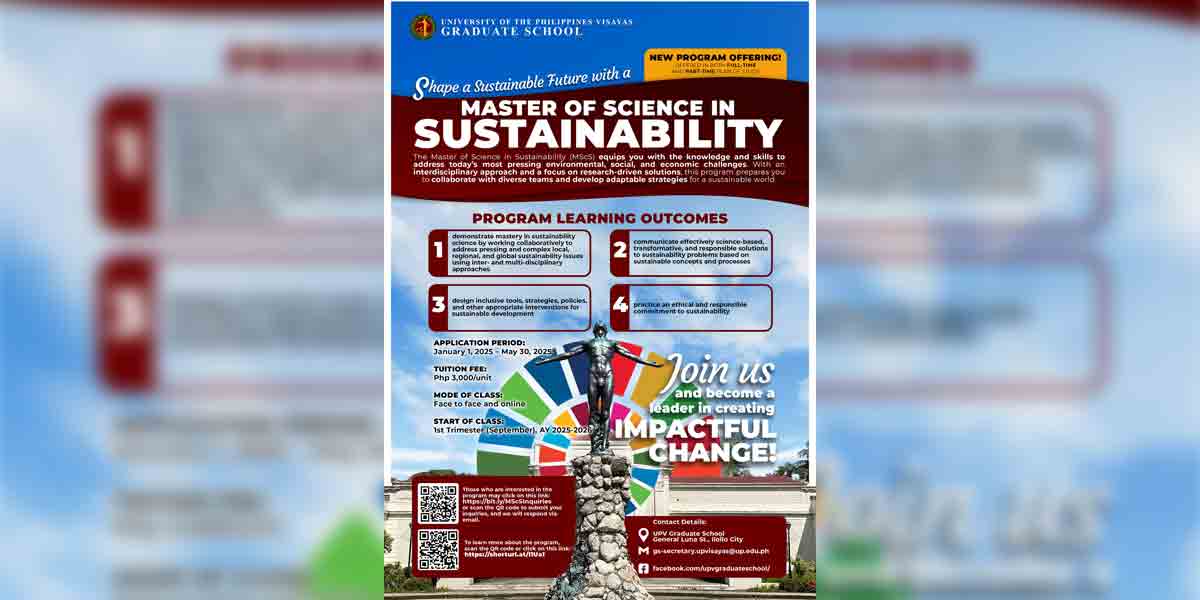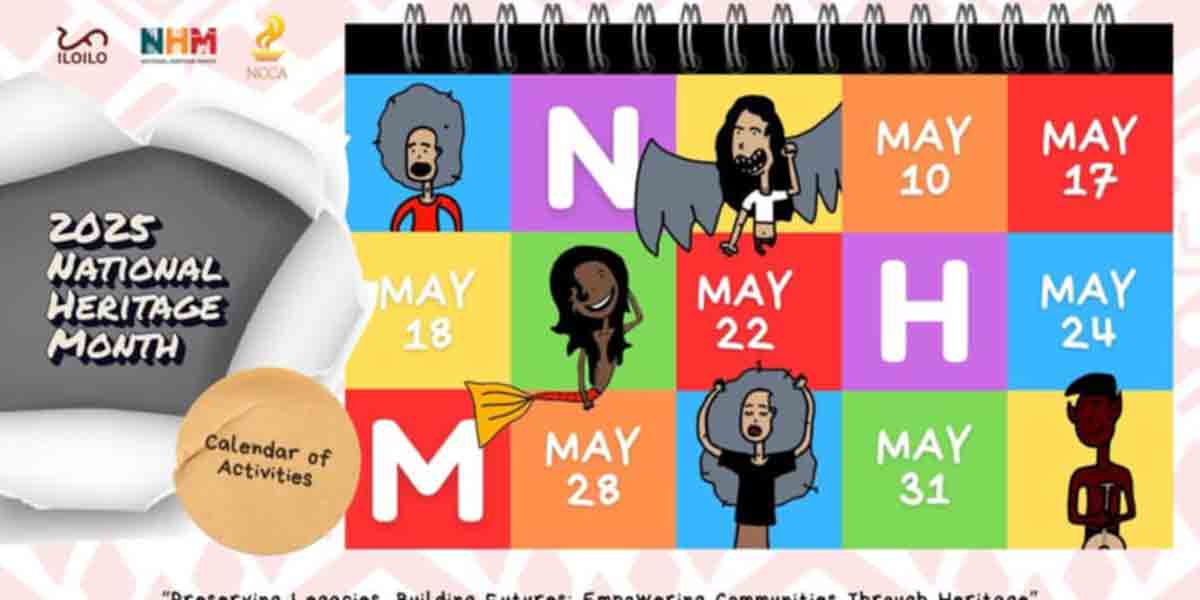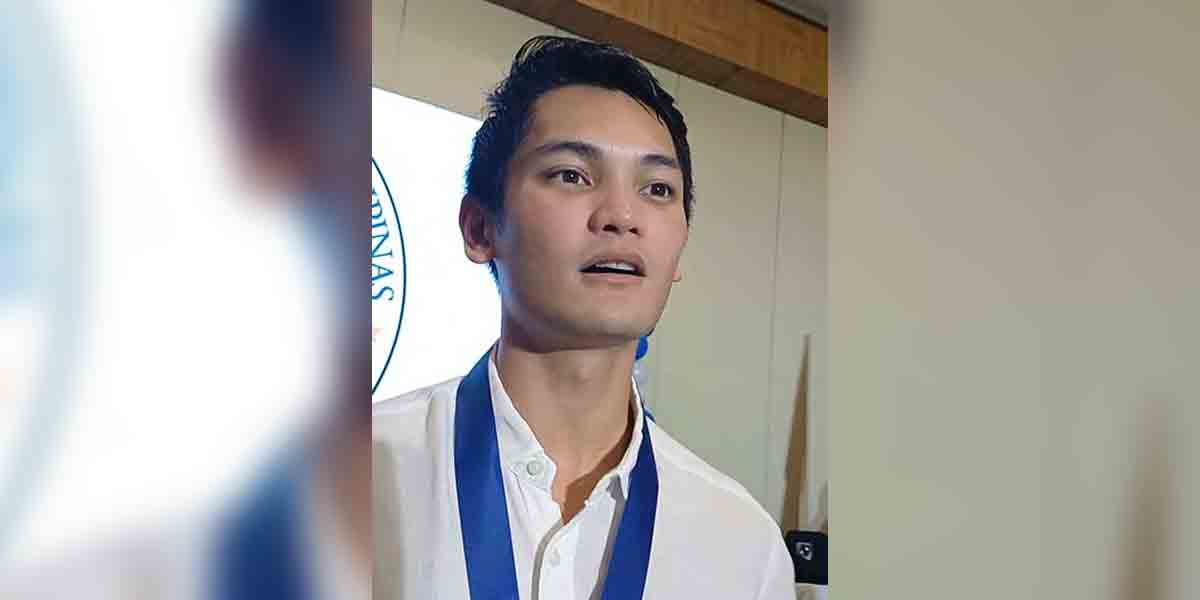 By Atty. Eduardo Reyes III
By Atty. Eduardo Reyes III
The eternal battle in every democratic set-up will always be between the Government’s exercise of its Stately powers to govern and the people’s Constitutional right to enjoy their liberties.
The recent pandemic had served as another occasion for the clash of these two interests. With the government’s aim to curb the rapid spread of the most dreaded virus known as Covid-19; it was not only the national government, but each and every local government unit all over the country as well, that decided to hem-in the people inside their homes and impose a multitude of restrictions on their freedom of action and movement most of which were already choking them metaphorically on the neck even as the stranglehold also constricted the blood flow of the economy.
When the lockdown was on its strictest during the last two months, pockets of clashes were also commonplace from the more serious violations of spreading fake news about some antidote on the virus or threatening the life of the President on social media, to the rather mundane breaches like the lack of a Quarantine Pass or failing to wear a face mask while watering plants on one’s driveway.
These verbal and physical tussles resulted in warrantless arrests and social media wasted no time in rapidly and rabidly spreading pictures not only of the skirmishes but also the pathetic photos of those arrested who were cuffed or overpowered by the authorities; and worse, made to confess before the media.
What are the implications of such admissions made to media, on the freedoms that the people enjoy and ought to be preserved and respected?
At the fore is the right to remain silent and its very important component: the right to counsel. For otherwise, without being interlinked with the right to have a lawyer, the suspect or arrested person’s right to remain silent would be neutered because without a lawyer advising him of the right to remain silent, the suspect might not be aware of such right in his favor in the first place and will not be able to keep himself in check by maintaining his silence.
Justice Hugo Black of the US Supreme Court pointed out that the right to counsel is predicated on the truism that “the right to be heard would be, in many cases, of little avail if it did not comprehend the right to be heard by counsel. Without it, though he be not guilty, he faces the danger of conviction because he does not know how to establish his innocence” (Justice Hugo Black quoting Justice Sutherland in Gideon v. Wainright overruling earlier SC decision in Betts v. Brady).
Philippine jurisprudence is clear on the time-frame when these rights may be invoked, thus: “The right covers the period beginning from custodial investigation, well into the rendition of judgment, and even on appeal. Article III of the 1987 Constitution provides this right to an accused not only during trial but even before an information is filed” (PEOPLE OF THE PHILIPPINES v. MARIO SERZO, JR. G.R. No. 118435 June 20, 1997).
And once the right to remain silent and to counsel are violated by the authorities, the legal consequence will be that “even if the admission or confession of an accused is gospel truth, if it was made without the assistance of counsel, it is inadmissible in evidence regardless of the absence of coercion or even if it had been voluntarily given” (PEOPLE OF THE PHILIPPINES v. ERIC GUILLERMO y GARCIA, G.R. No. 147786 January 20, 2004 citing People v. Dano, citation omitted).
However, the legal effect that the confession or admission of guilt by the suspect will be inadmissible as evidence in court, applies only when the same was extracted or elicited by government law enforcement agencies and “not when given spontaneously by the suspect before the media” (PEOPLE OF THE PHILIPPINES v. ERIC GUILLERMO y GARCIA, G.R. No. 147786 January 20, 2004). Thus, when the admissions are made before the media, they are admissible in evidence.
But then again, what about a situation where indeed some admissions are made by the arrested person to the media but while he/ she was handcuffed and under the coercive or intimidating presence of the arresting officers and while still stricken with fear and confusion?
Well, the suspect needs to be assisted by a lawyer. But sadly, during the two-month strict Enhanced Community Quarantine (ECQ) period, legal services was not listed as an essential activity and law offices had to be closed, thus resulting in the twin Constitutional rights to remain silent and to counsel of many arrested persons severely hamstrung, if not crippled.
It behooves therefore of government policy-makers to have a visceral awareness of the right to remain silent and the corresponding right to counsel of persons that are taken into custody and correspondingly for the law enforcers to respect such rights as sacrosanct. And the reason becomes more compelling when the suspects are paraded before the media.
The worrisome danger when government regulators and arresting officers merely pay lip service to an arrested person’s right to remain silent and to counsel at the time when he/ she is hoisted to face the media under the coercive or intimidating presence of law enforcement officers is that, the suspect might make thoughtless admissions and thus later on get convicted of the charge against him, not because he is guilty, but was just too scared intimidated that he succumbed to his fear and anxiety mainly because he had no counsel to assure him of his rights.
Liberty and innocence are too precious to be trivialized at the altar of a pandemic.



